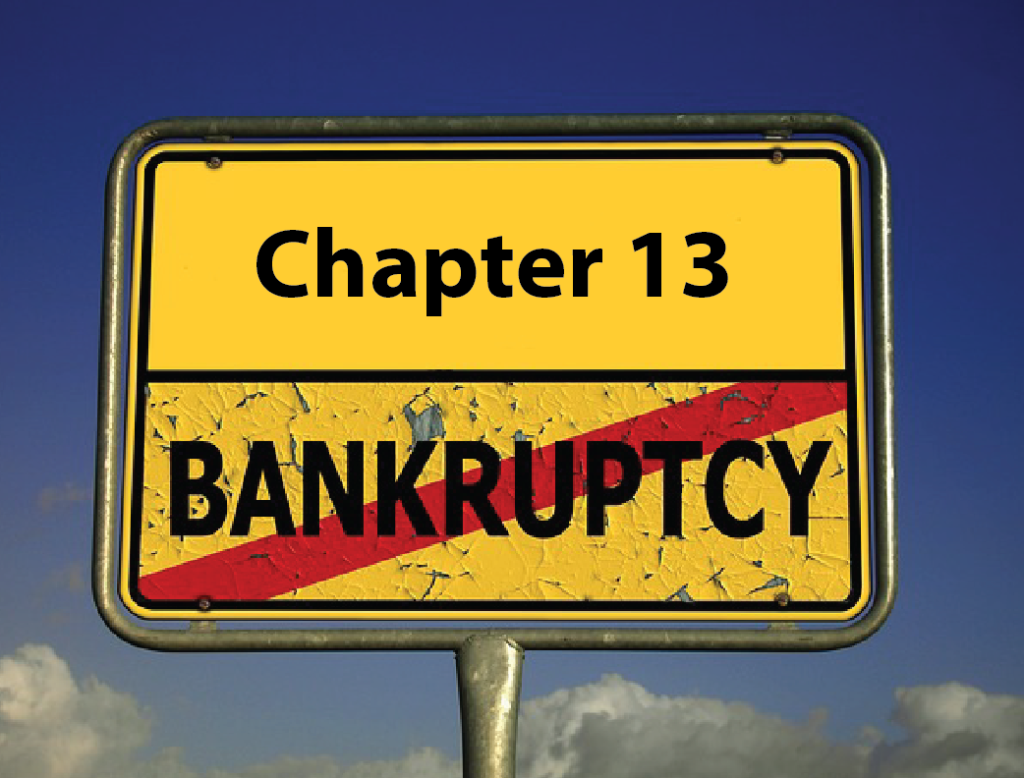A Chapter 13 Discharge is essentially a discharge of a specified debt involving your Chapter 13 Bankruptcy filing. This process is what many strive to achieve when participating within a Chapter 13 Bankruptcy. Being able to absolve and discharge your debts is a great opportunity in many respects. However, there are requirements you must achieve prior to completing your goal. We will discuss those requirements in this post, and why Peoples Bank Mortgage is one of the best resources to help you during your Chapter 13 Discharge.
Complexities & Complications of Chapter 13 Discharge
Chapter 13 Discharge has recently undergone many changes across its vast array of options. With these changes come many more possible scenarios where things won’t necessarily go as planned. Every participating party involved in a Chapter 13 should seek proper legal counsel prior to filing for a Chapter 13 Discharge. This will ensure that all aspects of the filing are in order. The baseline qualifications for a Chapter 13 Discharge are the following:
- Certification: The debtor must certify any and all domestic support obligations that have been paid, prior to filing for a Chapter 13 Discharge
- No Previous Discharge: Debtor has not been approved for and received a previous discharge in a previous case; two years with Chapter 13 cases and four years for Chapter 7, 11, and 12 cases.
- Complete an Approved, Educational Course: Debtor must complete an approved, education course in financial management if said courses are available in the debtor’s locale
- The court involved will not proceed with the discharge until a notice and hearing has taken place and determining there is no reason for any and all pending proceedings which may pose limitations on a debtor’s homestead exemption.
What is the Debtor Released From?
The Chapter 13 Discharge releases the debtor from any and all debts covered specifically in the Chapter 13 Discharge agreement/plan (with limited exceptions). Creditors involved with the Chapter 13 Plan are unable to initiate any legal action against debtor. Preventing creditors to attempt to collect the discharged obligations.
What is Typically NOT Discharged in a Chapter 13 Discharge?
There are certain types of debt which typically you cannot discharge in a Chapter 13 Discharge plan. These debts will often include the following:
- Long-Term Obligation Debts
- Alimony and/or Child Support
- Certain Taxes
- Government Funded or Guaranteed Educational Loans
- Death or Personal Injury Debts Arising from Negligence
- Restitution Debts
A creditor must file the proper motions and documents in a timely fashion to classify the above-mentioned debts as “non-dischargeable.” Otherwise the courts may find certain debts from the above list to be “dis-chargeable” in certain cases.
Differences Between Chapter 13 & Chapter 7 Discharge
A Chapter 13 Discharge is broader than those of a Chapter 7 case. Dis-chargeable debts in a Chapter 13 case can include certain debts where there was willful and malicious injury to a property. Whereas in a Chapter 7 case it would be willful and malicious injury to a person. Chapter 7 Discharges may also include debts which include non-dischargeable tax obligations. As well as those debts involving property settlements in divorce and/or separation proceedings.
A Chapter 13 Hardship Discharge
In certain scenarios, the debtor involved in the Chapter 13 plan may be unable to to complete the plan fully. In these instances, the debtor may request a “hardship discharge”. To qualify for a “hardship discharge” the debtor must meet the following requirements:
- Failure to complete plan is due to circumstances beyond debtor’s control
- Creditors have received the equivalent of a Chapter 7 liquidation case
- Modification of the preexisting plan is not possible
The request for a Chapter 13 Hardship discharge, can most of the time be met due to extensive illness or injury. Which prevents one from being able to work. One key aspect of a Chapter 13 Hardship discharge, is the hardship discharge is more limited than a standard Chapter 13 discharge. The main difference being it does not apply any debts which would be non-dischargeable in a Chapter 7 case.
How Can Peoples Bank Mortgage Help?
We’re always seeking ways to assist and help individuals participating in a Chapter 13 Bankruptcy with their mortgage needs. Our team of experts have the experience, knowledge, and persistence to best assist your during this difficult time. To learn more about our valuable mortgage offerings and why you should consider us as your go-to resource when choosing to request a mortgage before or after your Chapter 13 Discharge, contact us and we’ll be sure to respond to your inquiry as soon as possible. We look forward to hearing from you soon!
Published (April 11th, 2018)
Author: Peoples Bank Mortgage

